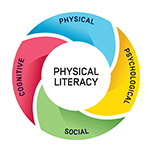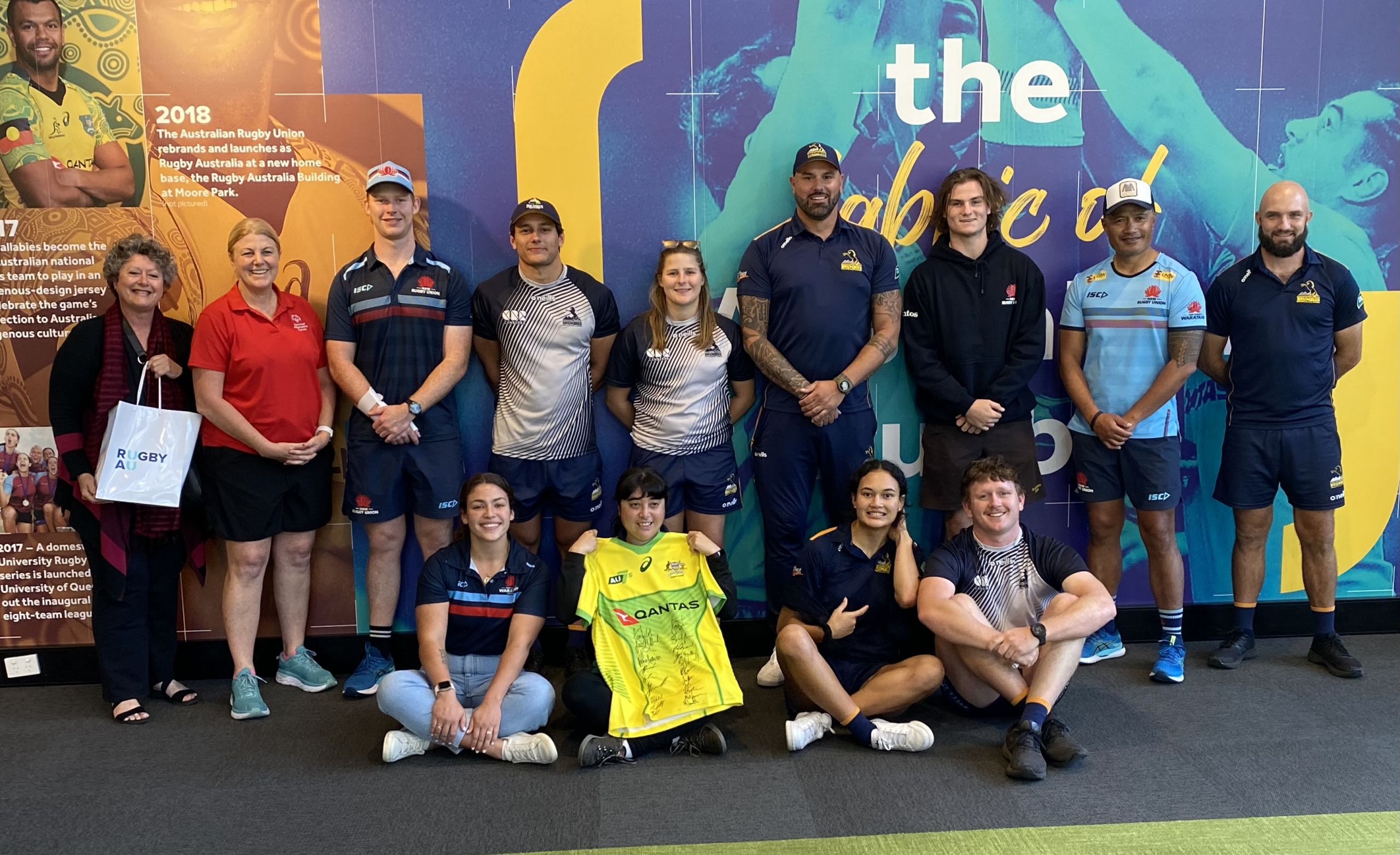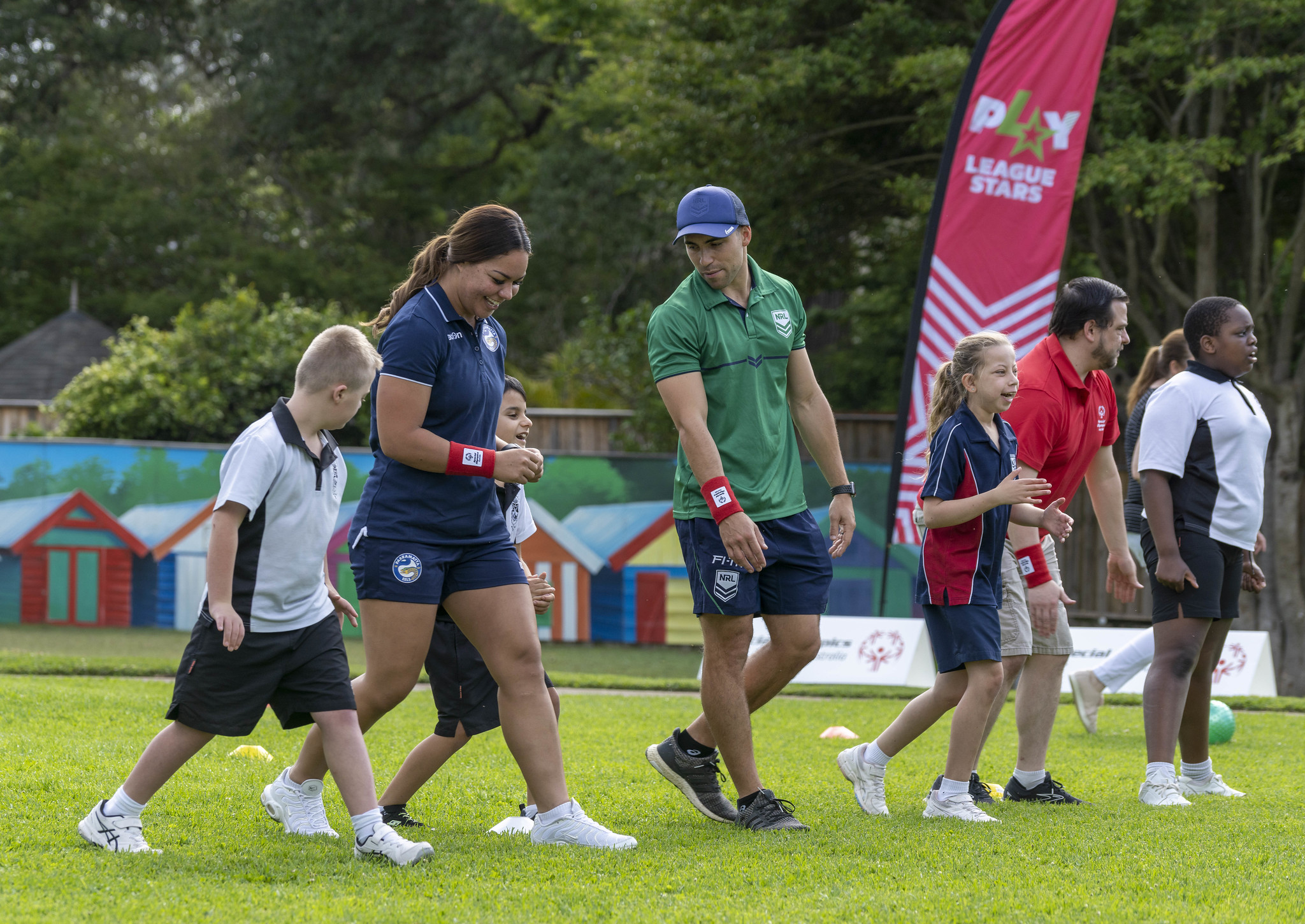Physical literacy is about building the skills, knowledge, and behaviours that give us the confidence and motivation to lead active and healthy lives.
It involves holistic lifelong learning through sport and physical activity and delivers health and wellbeing benefits across the physical, psychological, social, and cognitive domains.
Focusing on the development of physical literacy for people with intellectual disability and autism can have significant benefits. These include:
- developing the skills and physical fitness to enable engagement in sport and physical activity and to generally live healthier and more active lives
- enabling self-confidence, self-regulation, and connections with the local community
- supporting the development of social skills such as communicating, making friends, learning the benefits of teamwork, and experiencing the importance of taking turns
- learning about the benefits of being active, the ways to be active, and how to follow rules
Teachers, coaches, parents, and carers all play a crucial role in promoting and developing physical literacy in children. This can be achieved through quality physical education, school and community sport programs, and embracing daily play and physical activity.
The Inclusive Sport in Schools program is specifically designed to support the development of physical literacy, including through the use of the Playing for All program planners and activity cards.
The Australian Physical Literacy Framework outlines four domains and thirty elements that provide the common language and developmental framework for monitoring and assessing the development of physical literacy.
For more detailed information about physical literacy, visit the Sport Australia website.



